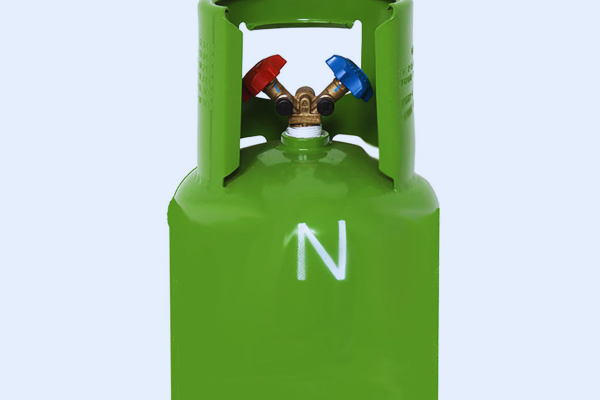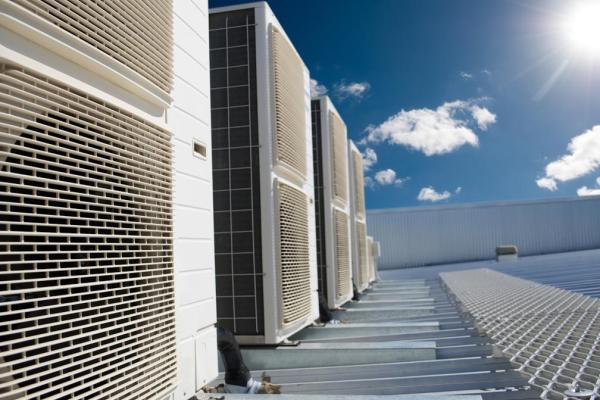DISCLAIMER: The information in these webpages is intended to contribute to a better understanding of the EU F-gas rules. The guidance provided here is not complete and does not create any enforceable right or expectation. It does not replace the F-gas Regulation 2024/573 which is the only text with legal force, and only the Court of Justice of the European Union can make binding interpretation of EU legislation.
Natural persons or companies (“legal persons”) dealing with F-gases listed in Annex I, II or III of Regulation (EU) 2024/573, either in bulk form or charged into products or equipment are affected by the F-gas Regulation. The Regulation encompasses rules regarding the trading, production, and use of these gases and measures to prevent emissions. These measures include employing qualified personnel for maintenance and servicing, obligatory leak checks, and gas recovery and destruction at the end of the useful life of F-gas equipment.
The F-gas Regulation also sets obligations related to customs and market surveillance controls for importers, exporters, and authorities (Articles 23; 24).
The relevant authorities in Member States are primarily responsible for the implementation and enforcment of the Regulation. For instance, they must ensure, effective, proportionate, and dissuasive penalties for infringements of the F-gas Regulations (Article 31).
Find out more about your obligations

Importers, producers, exporters, distributors, industrial users, reclamation, and destruction facilities

What is the HFC quota system?
The HFC quota system applies to both bulk hydrofluorocarbons (HFCs) and HFCs pre-charged in refrigeration, air-conditioning, heat pump equipment and metered dose inhalers (MDIs). Being widely used and having a significant climate impact, HFCs are considered the most important F-gases.
The European Commission established a quota system in 2015 to limit the amount of HFCs placed on the EU market. The maximum amount of HFCs that can be placed on the market is set per calendar year and is gradually reduced over time, ending at zero in 2050. Due to the scarcity of HFCs on the EU market, HFC prices in the EU are relatively high. These high prices are giving an incentive to shift to F-gas alternatives or HFCs with a lower climate impact. The EU is monitoring the development of HFC prices every quarter, see here.
The Commission is dividing the maximum amount into individual quotas allocated to importers and EU producers based on a method prescribed in the Regulation. Importers and producers that place HFCs on the EU market must hold sufficient quotas to do so. By 31 December each year, the European Commission allocates quotas to companies for the subsequent year.
Refrigeration, air-conditioners, heat pumps and metered dose inhalers pre-charged with HFCs also fall under the quota system. When placing them on the market, importers and EU manufacturers of such equipment need to ensure that the amount of HFCs is accounted for under the quota system, and they must complete a “declaration of conformity” stating how this was ensured. However, they cannot use the quota allocated by the Commission for this purpose.
Instead, importers are required to, for example, acquire ‘authorisations’ to use quota from a quota holder equivalent to the quantity of HFCs contained within the imported equipment.
